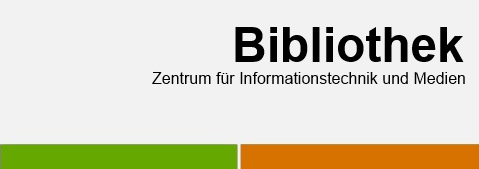Institut für Internetsicherheit
Filtern
Erscheinungsjahr
Dokumenttyp
Schlagworte
- Android (1)
- Behavioral Economics (1)
- Cookie <Internet> (1)
- Datenschutz (1)
- Economics of Cybersecurity (1)
- Objektverfolgung (1)
- Online-Werbung (1)
- Privatsphäre (1)
- Tracking (1)
- User Behavior (1)
Abstract
This paper challenges the conventional assumption in cybersecurity that users act as rational actors. Despite numerous technical solutions, awareness campaigns, and organizational strategies aimed at bolstering cybersecurity, these often overlook the prevalence of non-rational user behavior. Our study, involving a survey of 208 participants, empirically demonstrates this aspect. We found that a significant portion of users (55.3%) would accept a substantial risk (35%) to click on a potentially malicious link or attachment. This propensity increases to 61% when users are led to believe there is a 65% chance of facing no adverse consequences. To address this irrationality, we explored the efficacy of nudging mechanisms within email systems. Our qualitative user study revealed that incorporating a simple colored nudge in the email intably enhance the ability of users to discern malicious emails, improving decision-making accuracy by an average of 10%.
Abstract
In this paper, we shed light on shared hosting services’ security and trust implications and measure their attack surfaces. To do so, we analyzed 30 shared hosters and found that all of them might leak relevant information, which could be abused unnoticed. An adversary could use this attack surface to covertly extract data from various third parties registered with a shared hoster. Furthermore, we found that most hosters suffer from vulnerabilities that can be used by an internal attacker (i.e., someone using the service) to compromise other hosted services or the entire system.
Die Zeit nach dem Passwort. Handhabbare Multifaktor-Authentifizierung für ein gesundes Eco-System
(2016)
Vertrauenswürdiges Chatten
(2005)
Die virtuelle Poststelle
(2003)
Anti-Spam Technologie
(2004)
Cyber Security – 10 aktuelle Problemfelder. Problembewusstsein muss zunächst entwickelt werden!
(2017)
Internet Sicherheit
(2015)
Cyber Security
(2015)
Einsatz von Bundestrojanern
(2018)


